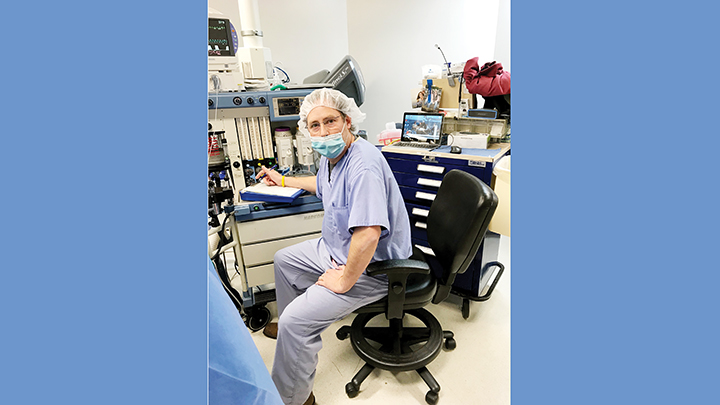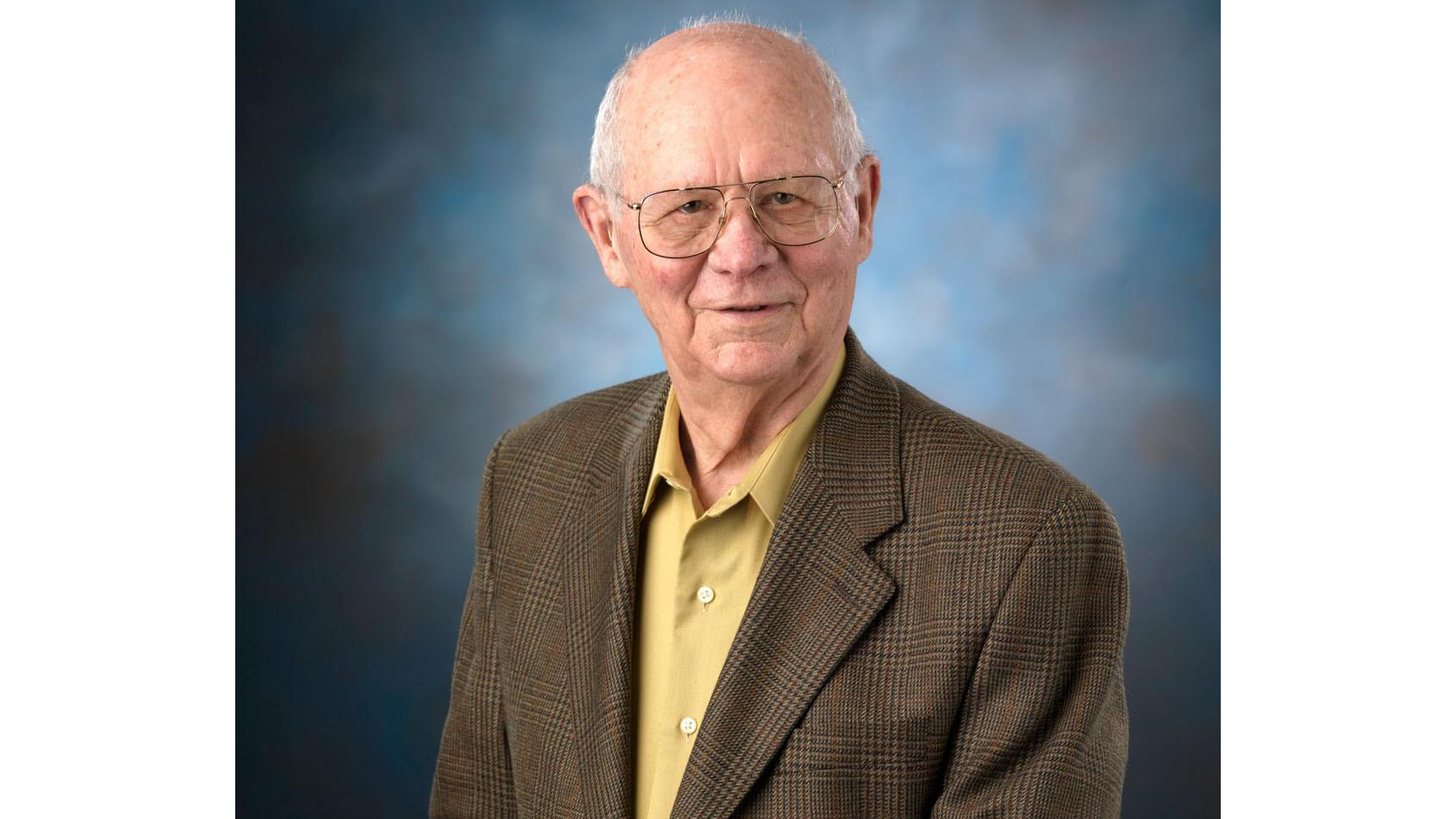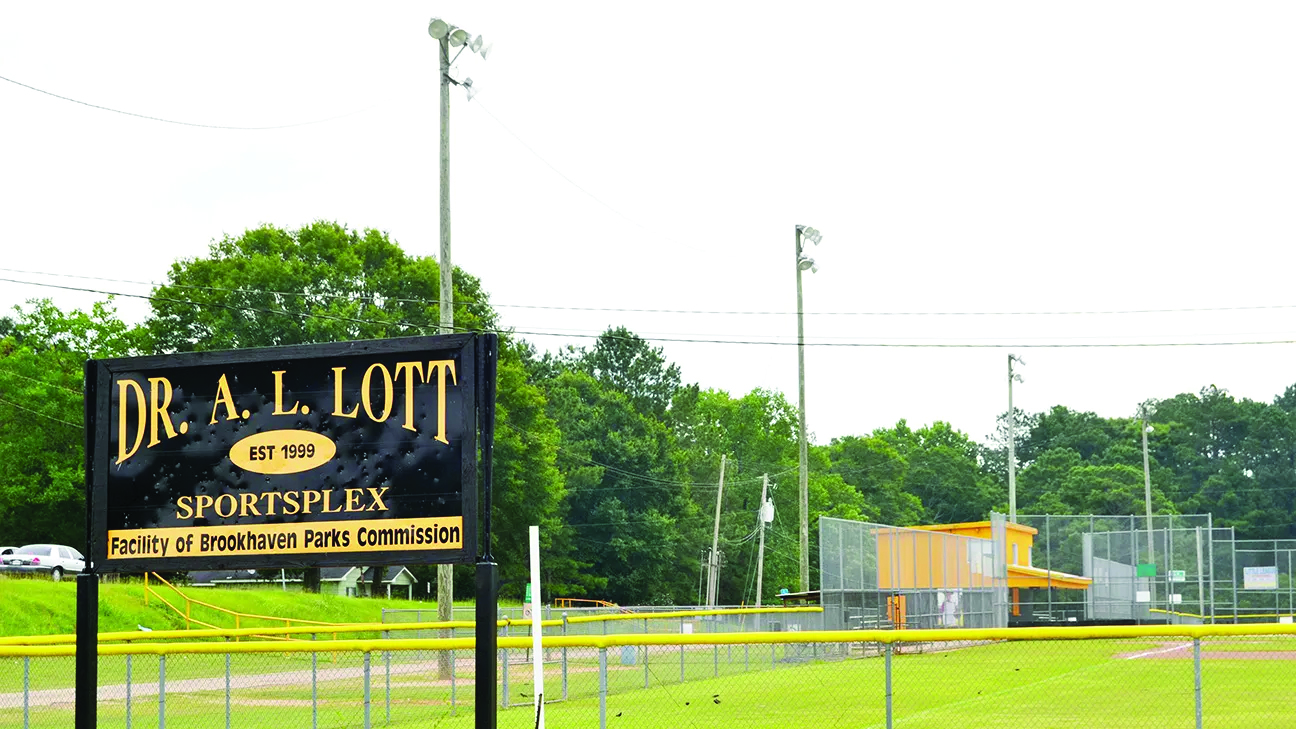CRNAs are ‘hospitals’ best-kept secrets’
Published 9:26 pm Tuesday, January 23, 2018

- Photo submitted/Jeff Michel has served as a Certified Registered Nurse Anesthetist at King’s Daughters Medical Center since 2000.
National CRNA Week is underway, and local nurse anesthetists are spreading the word about their line of work.
The unofficial holiday was launched 19 years ago by the American Association of Nurse Anesthetists to — among other things — encourage CRNAs to educate the public about anesthesia safety.
Certified registered nurse anesthetists are an often-overlooked class of medical professionals, but they have been practicing in American hospitals for over a century and a half.
During the Civil War, nurses were responsible for keeping patients unconscious on the surgical table, and, since then, CRNAs have become operating room mainstays. But they do more than just administer anesthetics.
Nurse anesthetists are advanced practice registered nurses. They are experts at bedside manner, and one of their principal responsibilities is monitoring patient vital signs during surgery.
“CRNAs provide all of the anesthetic services in many rural hospitals,” local CRNA Chris Fortenberry said. “In Brookhaven and McComb, we work side by side with anesthesiologists to deliver the best anesthesia possible.”
Fortenberry is passionate about health care, and, even though many patients don’t realize what her job entails, she is proud of her profession.
“I love my job,” she said. “We always joke that we’re the hospital’s best kept secret.”
She began her career as a standard registered nurse, but, shortly after finishing nursing school, Fortenberry decided to test the limits of her professional potential.
“I wanted more control over my career,” she said. “Being a CRNA affords me a lot of autonomy.”
It takes an average of three years of post-graduate study to complete a doctoral anesthesiology program, but Fortenberry said the end result is well worth the effort.
CRNAs practice in every setting in which anesthesia is available, including hospital operating rooms, deliver rooms, dentist offices, ophthalmology clinics, pain management centers and U.S. military hospitals.
“We actually administer the anesthetics in every surgery in Brookhaven and McComb,” Fortenberry said. “A lot of times, the public doesn’t know that.”
National CRNA Week, which ends Friday, gives anesthetists like Fortenberry a chance to foster greater understanding about anesthesiology and promote community interest in medical safety.
“Before an operation, I would encourage people to ask their CRNA upfront about how much pain they should expect after surgery,” Fortenberry said. “If you know what to anticipate, recovery doesn’t seem as difficult.”
For more insight on the CRNA profession or information about the AANA, visit www.aana.com.





